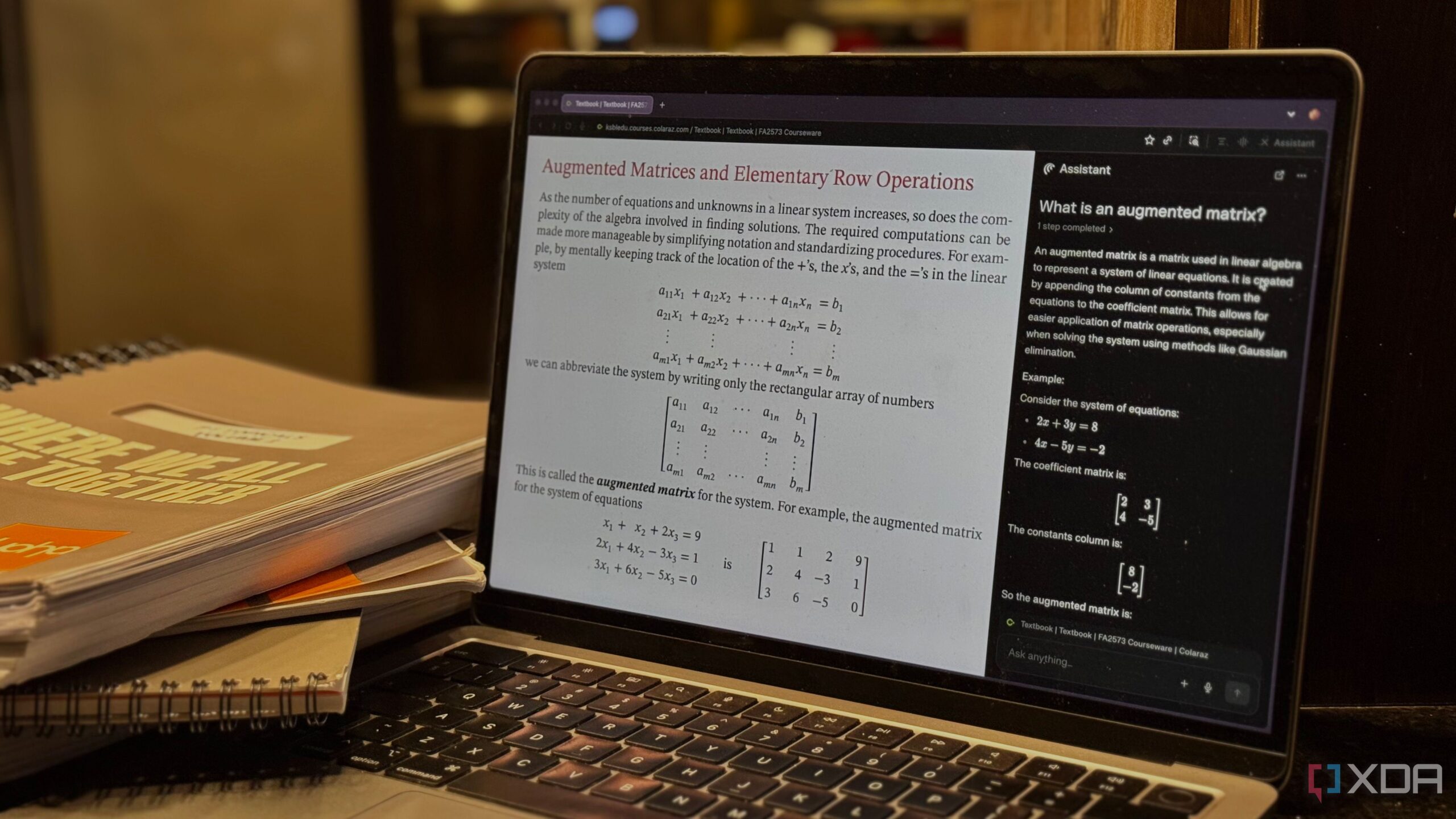URGENT UPDATE: A full-time college student has revealed how switching to AI browsers has dramatically enhanced study efficiency, fundamentally changing the way students engage with their coursework. This trend, emerging in 2025, is set to reshape academic productivity for students worldwide.
In a recent firsthand report, the student detailed their experience using various AI browsers, including Perplexity’s Comet, ChatGPT’s Atlas, and Opera’s Neon. They found that these advanced tools not only streamline research but also integrate AI assistance directly into their browsing experience. By eliminating the need to switch tabs, students can maintain their focus and access information instantly, a game-changer for those juggling multiple assignments.
The student stated, “With AI browsers, I can simply click an icon on the sidebar, type my question, and get an instant answer without ever leaving the page I’m on.” This seamless integration has led to a significant reduction in time spent on traditional searches, allowing for a more focused study session.
AI tools like NotebookLM and specialized modes within chatbots such as ChatGPT’s Study Mode are proving invaluable for understanding complex topics. Instead of sifting through lengthy videos or searching endlessly, students can now receive tailored explanations that match their learning pace.
Key Features Enhancing Productivity
One standout feature is the ability of AI browsers to access YouTube transcripts, enabling students to interact with video content more effectively. Instead of manually scrubbing through hours of footage, students can ask the AI if a specific subtopic is covered and receive an immediate timestamp. This innovative approach allows for efficient studying, saving precious time and energy.
The student emphasized, “When using YouTube to study, I often come across thousands of videos for just one topic. AI browsers help me pinpoint exactly what I need without wasting time.”
Furthermore, the introduction of agentic AI features in these browsers automates mundane tasks. For instance, the student has successfully integrated NotebookLM with their Google Calendar to generate personalized to-do lists and schedules. The AI can even manage course evaluations, filling out repetitive forms and saving valuable time.
With these features, the report highlights how students can enhance productivity and streamline their academic efforts. “I can’t imagine going back to a regular browser for my studies,” the student concluded, underscoring the transformative impact of AI on their educational experience.
What’s Next?
As more students embrace AI browsers, educational institutions may need to adapt to this technological shift. With the potential for AI to revolutionize learning, stakeholders in academia should closely monitor these developments.
This trend signals a significant evolution in how students interact with technology, making it essential for educators and administrators to consider the implications of AI in academic settings.
For students looking to maximize their study efficiency, the message is clear: embracing AI browsers could be the key to unlocking a new level of productivity in 2025 and beyond.
